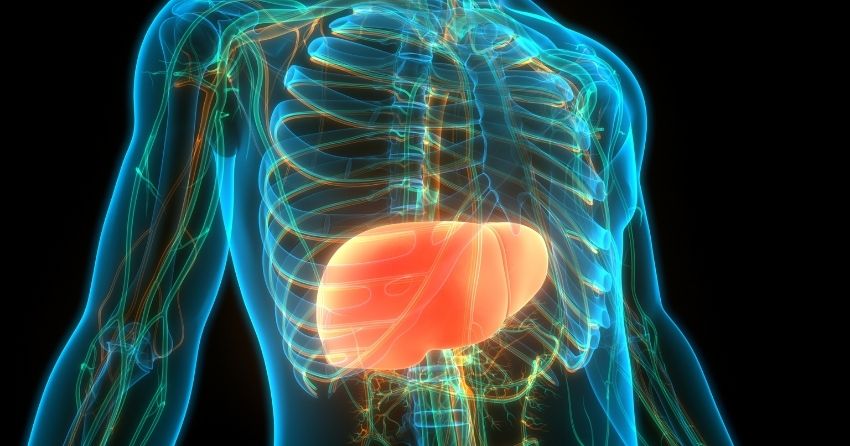New Potential Tool for Liver Regeneration Using mRNA

-
A novel method to deliver regenerative factors to injured livers using a lipid nanoparticle-encapsulated messenger RNA.
-
This method is currently used in COVID-19 vaccines.
-
This could attenuate liver injury or damage from progressing into more severe stages of cirrhosis.
This article was posted on EurekAlert.org:
When severely or chronically injured, the liver loses its ability to regenerate.
A new study led by researchers at the Center for Regenerative Medicine at Boston University School of Medicine (BUSM) and Boston Medical Center (BMC) now describes a safe new potential therapeutic tool for the recovery of liver function in chronic and acute liver diseases.
Researchers utilized the lipid nanoparticle-encapsulated messenger RNA (mRNA-LNP) currently used in COVID-19 vaccines, to deliver regenerative factors to injured livers in a timely, controlled fashion. "We found that this intervention successfully induces the rapid expansion of the functional cells of the liver, the hepatocytes, as well as harnesses recovery of liver function," explained Valerie Gouon-Evans, PhD, associate professor of medicine at BUSM.
Safety of mRNA-LNP has been validated in clinical trials for applications such as cancer immunotherapy and more recently the first approved COVID-19 vaccines from Pfizer-BioNTech and Moderna.
In the study, the researchers used two experimental models in which the liver was injured. The first group was injected with mRNA-LNP producing liver mitogens. The second group was injected with a control RNA-LNP that didn't produce any protein. The models that received the injection of mitogen mRNA-LNP cleared the liver damage more rapidly and efficiently than those injected with control RNA-LNP.
There are currently no FDA-approved drugs to treat chronic liver diseases. New strategies that will prevent progression of the liver disease before it reaches the irreversible stage of decompensated cirrhosis are desperately needed. "Administering liver mitogens via mRNA-LNP reverts steatosis (accumulation of fat in liver cells), one of the first phases of liver disease progression. Similarly acute liver injuries, such as acetaminophen overdose, are lacking efficient treatment in clinic. Here one injection of liver mitogen mRNA-LNP is sufficient to accelerate liver repair that may be vital to prevent liver failure in acetaminophen overdosed patients."
Given these experimental results, the researchers hope that the delivery of mitogens with mRNA-LNP could be potentially translated to the clinic to prevent progression of chronic liver diseases and even revert some of the features of non-alcoholic fatty liver disease.
This study was published in Nature Communications in January 2021.





